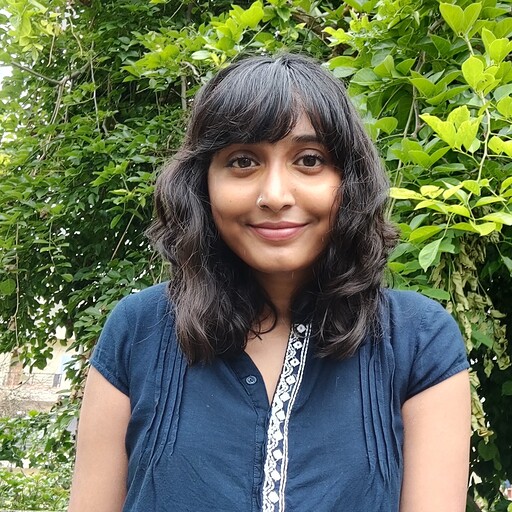"The more I learn about the climate crisis, the more helpless I feel." – Yashna Dhuria
"It makes me feel so guilty that my individual emission is probably more than so many communities in India." – Sriranjini Raman
Gang of guilt
"It feels like a privilege to even consider taking time off." – Shivani Goyal
Who to turn to
“I used to bring up climate issues in all my interactions, no matter what the place or occasion. For years, I didn’t have any other topic to talk about." – Vijay Sehrawat
Towards solidarity

"We are now alert and conscious all the time." – Sania Rehmani
Roadblocks
"It’s really challenging to convince people that climate change deserves attention." – Anmol Ohri
Token gestures
"Half the time, I was not even asked what I did. It came down to: ‘You’re an Adivasi, just represent the community'." – Alice Barwa